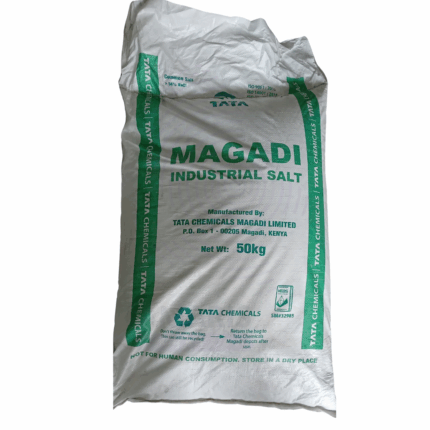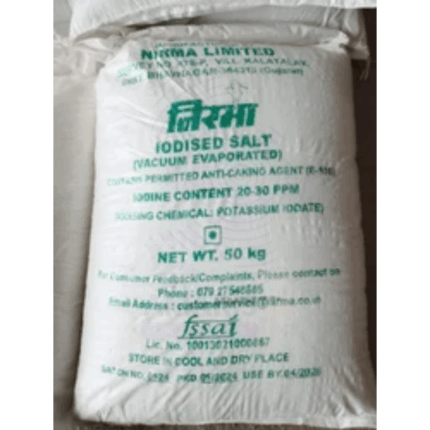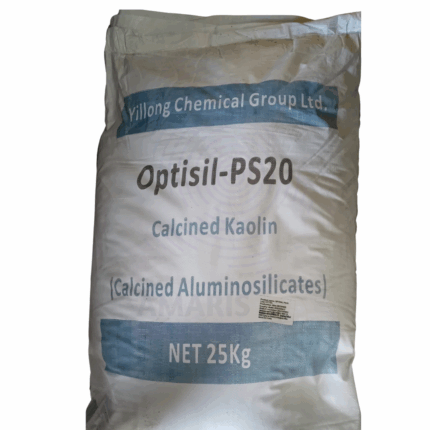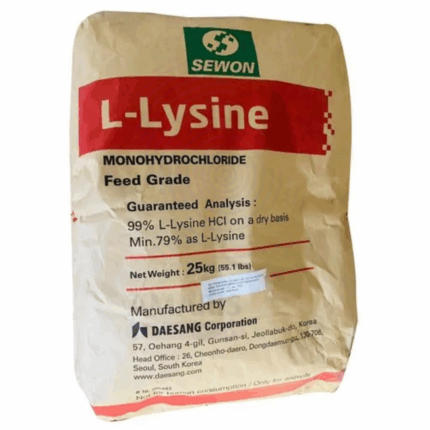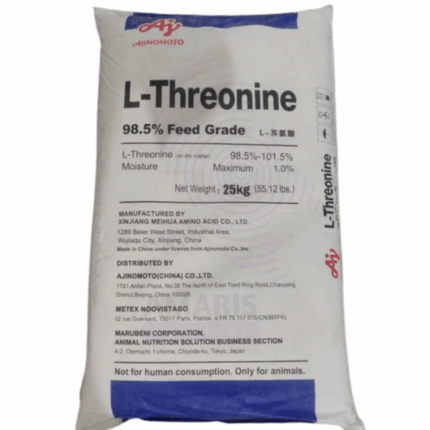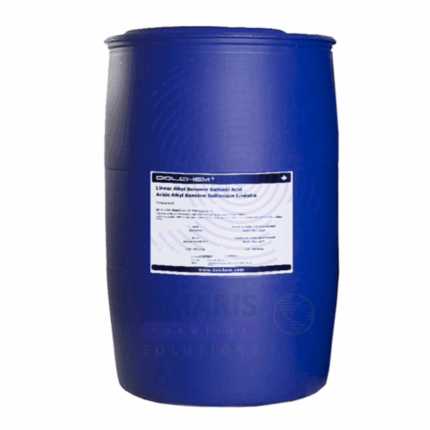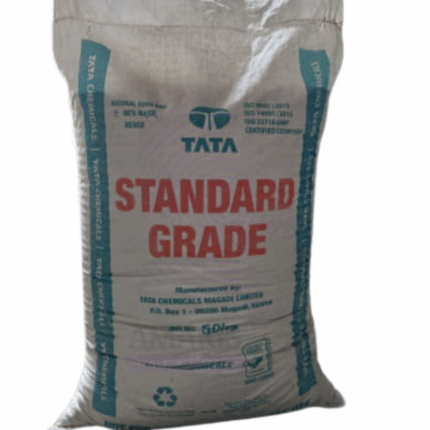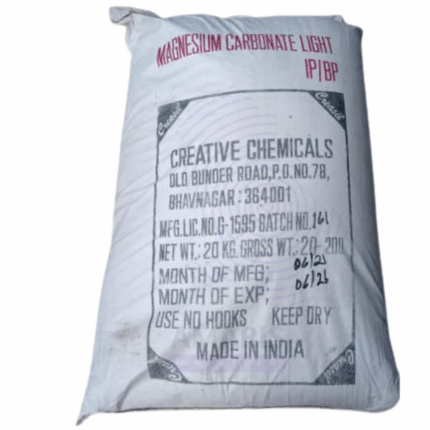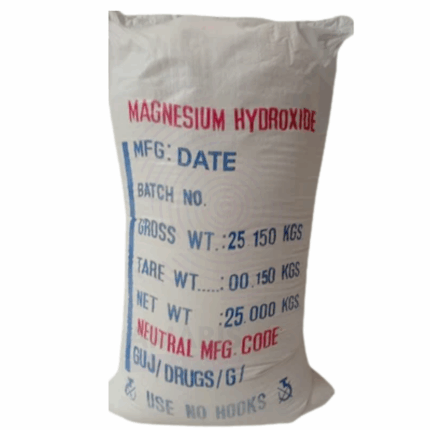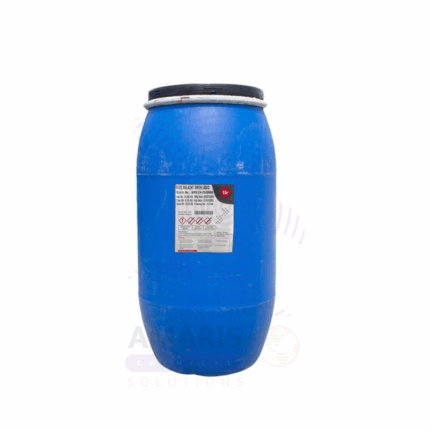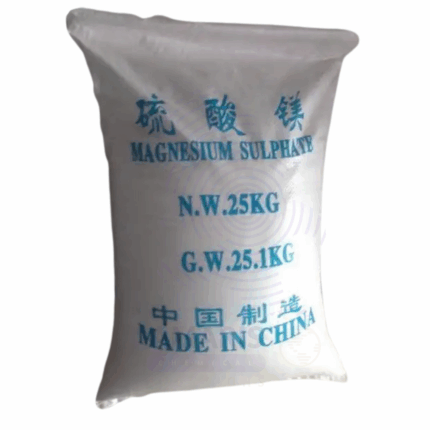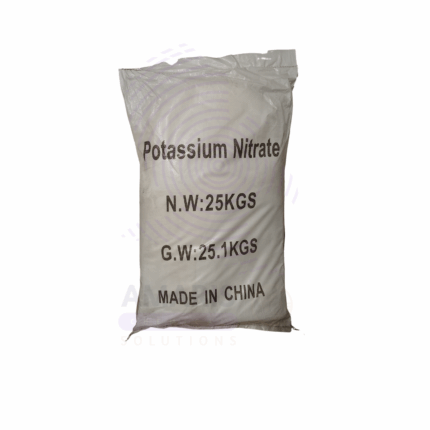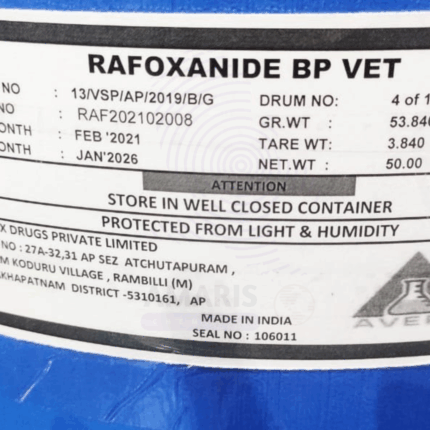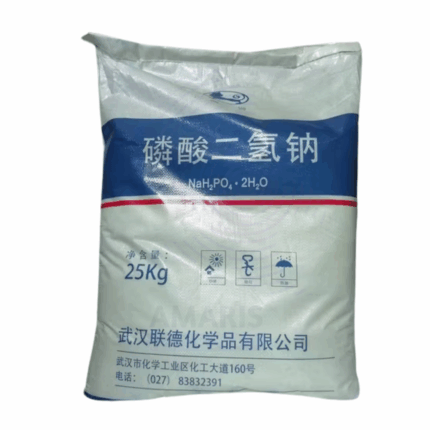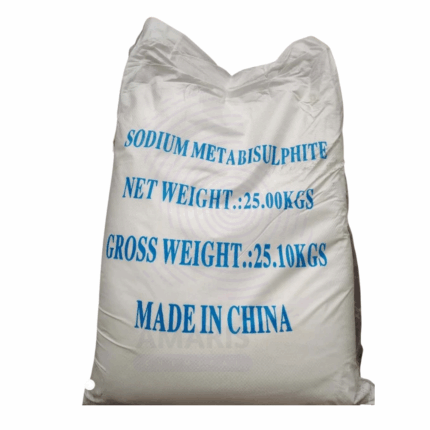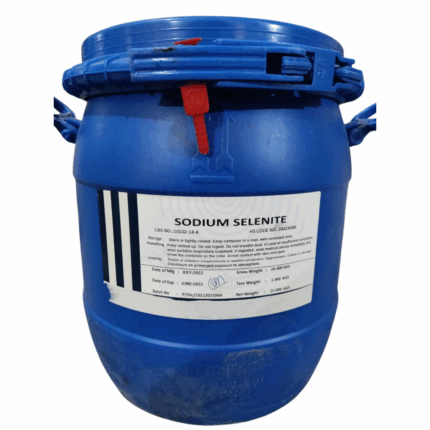Indofil C-6
Indofil C-6 is a fine particle size wax emulsion designed primarily for use in the leather industry. It is a specialty product formulated to enhance embossing effects, improve surface feel, and enable easy release from embossing plates. Indofil C-6 imparts a silky, soft finish on leather surfaces, contributing to superior aesthetics and tactile quality. It is typically used in aqueous leather finishing systems and is suitable for both shoe upper leather and soft garment leathers. Indofil C-6 is stable, easy to apply, and compatible with most finishing auxiliaries and binders.
Indofil Lp30
Indofil Lp30 is a low-viscosity, thermosetting polyurethane resin specially formulated as a leather finishing binder. Designed for high-performance coatings, it provides excellent film formation, flexibility, and adhesion over leather, textiles, and engineered substrates. Available in solvent-borne, waterborne, or mixed systems, LP30 offers tailored dry time, gloss control, and durability suitable for high-end footwear, upholstery, and garment applications.
Indofil Penetrator
Indofil Penetrator is a high-efficiency, water-based penetrating agent developed for use in leather finishing systems. It is specifically designed to promote deeper and more uniform penetration of binders, resins, pigments, and auxiliaries into the leather grain structure. This product improves adhesion, levels coating films, enhances the mechanical strength of finish layers, and contributes to a fine, natural break. It is particularly beneficial in season coats and impregnation layers across various leather types including full grain, corrected grain, soft leathers, and garment leather.
Industrial Salt
Industrial Salt, chemically known as Sodium Chloride (NaCl), is a high-purity crystalline compound widely used across industrial, chemical, agricultural, and water treatment applications. It appears as white to off-white crystalline granules or powder, depending on the grade and particle size. Industrial Salt is an essential raw material in numerous chemical processes, including chlor-alkali production, de-icing, textile dyeing, and water softening. Its versatility and cost-effectiveness make it indispensable in large-scale operations.
Iodised Salt
Iodised Salt is table salt (sodium chloride) fortified with a small, controlled amount of iodine, typically in the form of potassium iodate or potassium iodide. It appears as fine white crystalline granules, odorless, and with a characteristic salty taste. The addition of iodine helps prevent iodine deficiency disorders (IDD) such as goiter, mental impairment, and developmental abnormalities. Iodised Salt is widely used in households, food processing, and animal nutrition to ensure adequate dietary iodine intake.
Kaolin
Kaolin is a naturally occurring, fine white clay mineral primarily composed of kaolinite. It features a soft, powdery texture and excellent absorbency. Kaolin is widely used across ceramics, paper, rubber, paint, and cosmetics industries due to its chemical inertness, whiteness, and plasticity. It acts as a filler, coating agent, and extender to enhance product quality and performance.
Kerol
Kerol is a synthetic kerosene-like solvent commonly used as a degreasing and cleaning agent in various industrial applications. It is a clear, colorless liquid with low aromatic content, moderate volatility, and excellent solvency properties, designed for effective removal of oils, greases, and contaminants from metal and mechanical parts. Kerol offers a balance of strong cleaning efficiency with improved safety and environmental profile compared to traditional kerosene.
L-Lysine HCL Feed Grade
L-Lysine HCL Feed Grade is a highly pure form of the essential amino acid lysine combined with hydrochloric acid to improve its stability and solubility. It appears as a white crystalline powder and is widely used as a dietary supplement in animal feed to enhance growth, improve feed efficiency, and balance amino acid profiles. L-Lysine HCL is critical in poultry, swine, and aquaculture nutrition, helping to meet animals’ lysine requirements for protein synthesis and overall health.
L-Threonine Feed Grade
L-Threonine Feed Grade is a high-purity essential amino acid used primarily as a nutritional supplement in animal feed. It appears as a white crystalline powder and is vital for protein synthesis, growth, and overall health in livestock. This feed-grade form of L-Threonine helps balance amino acid profiles in animal diets, especially in monogastric animals like poultry and swine, improving feed efficiency and production performance.
Labsa Ufacid
Labsa Ufacid, also known as Ufacid 90%, is a highly concentrated anionic surfactant widely used in the detergent and cleaning industries. It is a viscous, oily liquid or semi-solid with strong acidic properties and excellent surface-active capabilities. Labsa 90% acts as a primary raw material for manufacturing laundry detergents, dishwashing liquids, and industrial cleaners due to its excellent foaming, wetting, and emulsifying properties. It is valued for its strong cleaning power and compatibility with various formulations.
Magadi Soda Ash
Magadi Soda Ash, commonly known as Soda Ash or Sodium Carbonate (Na₂CO₃), is a white, odorless, granular or powdery alkaline compound. It is widely used in various industrial and manufacturing processes due to its strong alkaline properties and high solubility in water. Magadi Soda serves as a key raw material in glass manufacturing, detergent production, water treatment, and chemical synthesis. It is available in bulk packaging, such as 50kg bags, for easy handling and transport.
Magnesium Carbonate Light
Magnesium Carbonate Light is a fine, white, odorless powder primarily composed of magnesium carbonate (MgCO₃). It is characterized by its light texture and high purity. This mineral compound is widely used across various industries due to its excellent absorption properties, mild alkalinity, and non-toxic nature. Magnesium Carbonate Light is commonly employed as an antacid, drying agent, filler, and flow aid in food, pharmaceutical, cosmetic, and industrial applications.
Magnesium Chloride
Magnesium Chloride is a white crystalline salt or granular solid composed of magnesium and chloride ions, commonly found as the hexahydrate form (MgCl₂·6H₂O). It is highly soluble in water, forming a clear, colorless solution with a slightly bitter saline taste. Magnesium Chloride is valued for its hygroscopic properties and is widely used across multiple industries including de-icing, chemical manufacturing, agriculture, food, pharmaceutical, and textile applications. It acts as a source of magnesium, a vital mineral for various biological and industrial processes.
Magnesium Hydroxide BP
Magnesium Hydroxide BP is a white, odorless, fine powder or suspension with the chemical formula Mg(OH)₂. It is a pharmacopeial grade material meeting British Pharmacopoeia standards, widely used for its antacid, laxative, and neutralizing properties. Magnesium Hydroxide BP is sparingly soluble in water, releasing hydroxide ions that neutralize acids and increase pH. It finds broad applications in pharmaceuticals, water treatment, environmental management, and industrial processes.
Magnesium Oxide
Magnesium Oxide (MgO) is a white, odorless, alkaline earth metal oxide powder. It is produced by calcining magnesium carbonate or hydroxide at high temperatures, resulting in a fine, white powder with a high melting point. Magnesium Oxide is widely used for its refractory properties, chemical stability, and ability to neutralize acids. It serves important roles in pharmaceuticals, agriculture, environmental applications, and various industrial processes.
Magnesium Sulphate Epsom Salt
Magnesium Sulphate Epsom Salt, commonly known as Epsom Salt, is an inorganic salt composed of magnesium, sulfur, and oxygen with the formula MgSO₄. It typically appears as colorless or white crystalline granules and is highly soluble in water. In its heptahydrate form (MgSO₄·7H₂O), it is widely used in agriculture, pharmaceuticals, food, and industrial applications. Epsom Salt is valued for its muscle relaxant, laxative, and magnesium supplementation properties, as well as for its role in improving soil fertility and plant growth.
Malachite Green
Malachite Green is a synthetic organic compound classified as a triarylmethane dye. It appears as a green crystalline powder with a brilliant metallic sheen and is highly soluble in water and alcohol. While originally developed as a textile dye, Malachite Green is widely used in aquaculture, microbiology, and histology due to its antifungal, antibacterial, and staining properties. It is typically available in two forms: the oxalate and hydrochloride salts. Although effective in many industrial and biological applications, its use in food and veterinary contexts is restricted or banned in several countries due to toxicity concerns.
Manganese Sulphate Monohydrate
Manganese Sulphate Monohydrate is an inorganic chemical compound with the formula MnSO₄·H₂O. It appears as a pale pink crystalline powder and is highly soluble in water. It is primarily used as a source of manganese, an essential micronutrient, in fertilizers, animal feed, and industrial processes. This monohydrate form is the most stable and commonly used in agriculture and feed-grade applications. It also finds use in various chemical syntheses, electroplating, and as a reagent in laboratories.
Marlophen NP9
Marlophen NP9 is a nonionic surfactant based on alkylphenol ethoxylates, widely used as a wetting agent, emulsifier, and detergent in various industrial and agricultural applications. It offers excellent compatibility with a range of chemicals and demonstrates strong emulsifying and dispersing properties. Marlophen NP9 enhances the performance of formulations such as pesticides, cleaning agents, and textile auxiliaries by improving spreading, penetration, and stability. It is valued for its ability to reduce surface tension and increase solubility of active ingredients in aqueous systems.
Mineral lick ( rock salt)
Mineral Lick, commonly known as Rock Salt, is a naturally occurring mineral primarily composed of sodium chloride. It is harvested from salt deposits and widely used as a mineral supplement for livestock and wildlife, providing essential nutrients. Mineral Lick enhances animal health by promoting hydration, digestion, and mineral balance. It also has applications in industry, agriculture, and food processing.
Oleic Acid 75%
Product Description
Oleic Acid 75% is a naturally occurring monounsaturated fatty acid commonly derived from vegetable oils such as olive, sunflower, and canola oils. This oily liquid is widely used in the chemical, pharmaceutical, cosmetic, and food industries due to its excellent emollient, surfactant, and stabilizing properties. Oleic Acid 75% is a key raw material in manufacturing soaps, detergents, lubricants, and personal care products. Its amphiphilic nature makes it an effective emulsifier and penetration enhancer.Potassium Nitrate
Potassium Nitrate is a white crystalline salt commonly known as saltpeter. It is a key oxidizing agent widely used in fertilizers, food preservation, pyrotechnics, and chemical manufacturing. Potassium Nitrate provides essential potassium and nitrogen nutrients in agriculture and acts as a source of oxygen in combustion reactions. Its stability and solubility make it valuable across various industries from agriculture to explosives.
Rafoxanide BP Vet
Rafoxanide BP Vet is a halogenated salicylanilide used as a veterinary anthelmintic, specifically effective against liver flukes, gastrointestinal nematodes, and certain ectoparasites in livestock. It works by uncoupling oxidative phosphorylation in parasites, disrupting their energy metabolism and leading to their death. Compliant with the British Pharmacopoeia (BP) for veterinary use, Rafoxanide is widely administered to ruminants like cattle, sheep, and goats. It is commonly formulated in oral drenches, boluses, or feed premixes.
Safflower Oil
Safflower Oil is a high-quality, cold-pressed or expeller-extracted vegetable oil derived from the seeds of the Carthamus tinctorius plant. Pale yellow in color and light in texture, this oil is rich in linoleic and oleic acids, making it a valuable source of essential fatty acids. It is prized for its moisturizing, anti-inflammatory, and antioxidant properties and has been used for centuries in traditional medicine, culinary applications, and skin and hair care routines.
Due to its non-comedogenic and quick-absorbing nature, Safflower Oil is widely used in cosmetic formulations such as lotions, serums, and hair treatments. It is also commonly incorporated into massage oils, therapeutic balms, and healthy cooking oils. In industrial and pharmaceutical contexts, it serves as an excipient, emollient, or carrier oil in active ingredient delivery systems.
Sodium Dihydrogen Phosphate
Sodium Dihydrogen Phosphate (NaH₂PO₄) is a white crystalline powder or granule, highly soluble in water. It is widely used as a buffering agent, emulsifier, and pH adjuster in various industrial, food, pharmaceutical, and laboratory applications. It acts as a source of phosphate ions and helps maintain the stability and consistency of formulations. This chemical is commonly utilized in food processing, water treatment, detergents, and as a reagent in chemical synthesis.
Sodium Nitrate (25kg)
Sodium Nitrate is an inorganic white crystalline solid with the chemical formula NaNO₃. This 25kg packaged industrial-grade product serves as a powerful oxidizing agent and nitrogen source, widely used in fertilizers, pyrotechnics, food preservation, and chemical manufacturing. Its high solubility and stability make it ideal for controlled oxidation processes and nitrate salt production.
Sodium Selenite
Sodium Selenite is an inorganic selenium compound with the formula Na₂SeO₃. In its commercial 45% concentration, it is typically supplied as a colorless to slightly yellow aqueous solution or as a crystalline solid with 45% selenium content. It is primarily used as a micronutrient additive in animal nutrition, a reagent in the pharmaceutical and glass industries, and in various research applications. Highly bioavailable, it serves as a key selenium source where controlled selenium supplementation is critical. This 25kg product offers precise dosing, stability, and ease of handling in industrial and agricultural settings.
Sulphadimidine BP Vet
Sulphadimidine BP Vet (also known as Sulfadimidine or Sulfamethazine) is a synthetic sulfonamide antibacterial agent used primarily in veterinary medicine. It is effective against a broad range of Gram-positive and Gram-negative bacteria by inhibiting folic acid synthesis, essential for bacterial growth. This BP-grade product ensures pharmaceutical quality suitable for treating infections in livestock and companion animals, promoting animal health and productivity.
Sulphur Lumps
Sulphur Lumps are solid, crystalline elemental sulfur in chunk or lump form, typically derived from natural sources or by-product recovery processes. Known for their high purity, these lumps are widely used in industrial applications requiring elemental sulfur. Their solid form facilitates easy handling, storage, and transport. Sulphur Lumps are key raw materials in the production of sulfuric acid, fertilizers, vulcanization agents, and various chemical intermediates.
Sulphur Powder
Sulphur Powder is finely ground elemental sulfur known for its high purity and uniform particle size. It is widely used across industries such as agriculture, chemical manufacturing, pharmaceuticals, and rubber vulcanization. The powdered form offers increased surface area, enhancing reactivity and ease of mixing in formulations. Sulphur Powder is essential in various processes requiring sulfur as a raw material or active component.
Trichloroethylene 280kg
Trichloroethylene (TCE) is a clear, non-flammable chlorinated solvent with a sweet, chloroform-like odor. It is widely used as an industrial solvent for degreasing and cleaning metal parts, thanks to its excellent ability to dissolve oils, greases, and waxes. Trichloroethylene is also used as a chemical intermediate and in the manufacture of adhesives, paints, and coatings. Its volatility and solvency make it essential in many manufacturing and maintenance processes, although use is regulated due to environmental and health concerns.
Turkey Red Oil (Sulphated Castor Oil)
Turkey Red Oil, also known as Sulphated Castor Oil, is a water-soluble derivative of castor oil produced through a sulfonation process using concentrated sulfuric acid. It results in a highly viscous, amber-colored liquid that acts as an excellent emulsifier, wetting agent, and dispersing agent. Unlike natural castor oil, it disperses easily in water, making it ideal for applications in textiles, cosmetics, agriculture, and industrial formulations. Its biodegradable and non-toxic nature also makes it eco-friendly and suitable for sensitive formulations.
Urea
Urea is a highly water-soluble organic compound widely used as a nitrogen-release fertilizer in agriculture. It serves as a key source of nitrogen for plant growth and development. Apart from agriculture, urea is utilized in various industrial applications such as resin production, animal feed, and chemical manufacturing. Its high nitrogen content and easy handling make it a versatile and essential raw material in multiple sectors.
Verbena Vervain
Verbena, also known as Vervain, is a medicinal and aromatic herb renowned for its therapeutic properties and fragrant aroma. It is commonly used in herbal medicine, perfumery, and flavoring applications. Verbena extracts and essential oils are valued for their calming, anti-inflammatory, and digestive benefits. The herb is harvested and processed to retain its natural active compounds for use across various industries.
Vitamin K3
Vitamin K3, chemically known as Menadione, is a synthetic, fat-soluble vitamin used primarily in animal nutrition and some pharmaceutical applications. Unlike Vitamins K1 and K2, Vitamin K3 does not occur naturally but is a stable precursor that the body (or animal body) can convert into active forms of Vitamin K. It plays a critical role in blood clotting, bone metabolism, and cellular health. Vitamin K3 is usually available as Menadione Sodium Bisulfite (MSB) or Menadione Nicotinamide Bisulfite (MNB) for enhanced solubility and stability.
Whiting
Whiting is a finely ground, white, chalky substance primarily composed of calcium carbonate (CaCO₃). It is widely used as a pigment, filler, and extender in various industrial and commercial applications. Whiting provides opacity, brightness, and smoothness to products, enhancing their appearance and physical properties. Its natural abundance and versatility make it an economical additive in multiple manufacturing processes.
Xantham Gum
Xanthan Gum is a high-molecular-weight polysaccharide produced by fermentation of glucose or sucrose by the bacterium Xanthomonas campestris. It is widely used as a thickening, stabilizing, and emulsifying agent in various industries due to its excellent viscosity properties, even at low concentrations. Xanthan Gum imparts improved texture, consistency, and shelf life to finished products, making it indispensable in food, pharmaceutical, cosmetic, and industrial formulations.
Xylanase Baking Enzymes
Xylanase Baking Enzymes are specialized enzymes used in the baking industry to improve dough handling, bread volume, crumb structure, and overall product quality. These enzymes catalyze the breakdown of xylans (non-starch polysaccharides in cereal cell walls), reducing dough viscosity and enhancing gas retention during fermentation. This results in improved texture, softness, and shelf life of baked goods.
Zinc Oxide USP
Zinc Oxide USP is an inorganic white powder composed primarily of ZnO. It is widely used as a functional additive in rubber, ceramics, glass, paints, and chemical industries. Known for its excellent chemical stability, UV-absorbing capability, and reactivity with acids and alkalis, this grade is tailored for industrial applications where high purity is not mandatory but consistent quality and performance are essential.
Zinc Sulphate Heptahydrate
Zinc Sulphate Heptahydrate (ZnSO₄·7H₂O) is a white, crystalline, water-soluble compound commonly used as a dietary supplement to treat zinc deficiency. It serves as a key ingredient in fertilizers, animal feeds, and industrial applications like water treatment and dyeing. The heptahydrate form contains seven water molecules, making it highly soluble and effective for various agricultural, medical, and chemical uses.


 Acidulants
Acidulants Antioxidants
Antioxidants Nutraceutical Ingredients (food)
Nutraceutical Ingredients (food)
 Collectors
Collectors Dust Suppressants
Dust Suppressants Explosives and Blasting Agents
Explosives and Blasting Agents Flocculants and Coagulants
Flocculants and Coagulants Frothers
Frothers Leaching Agents
Leaching Agents pH Modifiers
pH Modifiers Precious Metal Extraction Agents
Precious Metal Extraction Agents
 Antioxidants(plastic)
Antioxidants(plastic) Colorants (Pigments, Dyes)
Colorants (Pigments, Dyes) Fillers and Reinforcements
Fillers and Reinforcements Flame Retardants
Flame Retardants Monomers
Monomers Plasticizers
Plasticizers Polymerization Initiators
Polymerization Initiators Stabilizers (UV, Heat)
Stabilizers (UV, Heat)
 Antifoaming Agents
Antifoaming Agents Chelating Agents
Chelating Agents Coagulants and Flocculants
Coagulants and Flocculants Corrosion Inhibitors
Corrosion Inhibitors Disinfectants and Biocides
Disinfectants and Biocides Oxidizing Agents
Oxidizing Agents pH Adjusters
pH Adjusters Scale Inhibitors( water)
Scale Inhibitors( water)
 Antioxidants(cosmetic)
Antioxidants(cosmetic) Emollients
Emollients Fragrances and Essential Oils
Fragrances and Essential Oils Humectants
Humectants Preservatives
Preservatives Surfactants(cosmetic)
Surfactants(cosmetic) Thickeners
Thickeners UV Filters
UV Filters
 Fertilizers
Fertilizers Soil Conditioners
Soil Conditioners Plant Growth Regulators
Plant Growth Regulators Animal Feed Additives
Animal Feed Additives Biostimulants
Biostimulants Pesticides (Herbicides, Insecticides, Fungicides)
Pesticides (Herbicides, Insecticides, Fungicides)
 Active Pharmaceutical Ingredients (APIs)
Active Pharmaceutical Ingredients (APIs) Excipients
Excipients Solvents(pharmaceutical)
Solvents(pharmaceutical) Antibiotics
Antibiotics Antiseptics and Disinfectants
Antiseptics and Disinfectants Vaccine Adjuvants
Vaccine Adjuvants Nutraceutical Ingredients (pharmaceutical)
Nutraceutical Ingredients (pharmaceutical) Analgesics & Antipyretics
Analgesics & Antipyretics
 Analytical Reagents
Analytical Reagents Chromatography Chemicals
Chromatography Chemicals Spectroscopy Reagents
Spectroscopy Reagents Molecular Biology Reagents
Molecular Biology Reagents Biochemical Reagents
Biochemical Reagents Inorganic and Organic Standards
Inorganic and Organic Standards Laboratory Safety Chemicals
Laboratory Safety Chemicals Specialty Laboratory Chemicals(Special Laboratory Equipment)
Specialty Laboratory Chemicals(Special Laboratory Equipment)
 Demulsifiers
Demulsifiers Hydraulic Fracturing Fluids
Hydraulic Fracturing Fluids Scale Inhibitors(oil)
Scale Inhibitors(oil) Surfactants(oil)
Surfactants(oil) Drilling Fluids
Drilling Fluids
 Dyes and Pigments
Dyes and Pigments Bleaching Agents
Bleaching Agents Softening Agents
Softening Agents Finishing Agents
Finishing Agents Antistatic Agents
Antistatic Agents
 Admixtures
Admixtures Waterproofing Agents
Waterproofing Agents Sealants and Adhesives
Sealants and Adhesives Curing Compounds
Curing Compounds Concrete Repair Chemicals
Concrete Repair Chemicals Anti-Corrosion Coatings
Anti-Corrosion Coatings
 Surfactants(cleaning)
Surfactants(cleaning) Builders
Builders Enzymes
Enzymes Solvents (Cleaning)
Solvents (Cleaning) Fragrances
Fragrances
 Electronic Chemicals
Electronic Chemicals Catalysts
Catalysts Lubricants
Lubricants Photographic Chemicals
Photographic Chemicals Refrigerants
Refrigerants Automotive chemicals
Automotive chemicals Pyrotechnic Chemicals
Pyrotechnic Chemicals
 Biodegradable Surfactants
Biodegradable Surfactants Bio-based Solvents
Bio-based Solvents Renewable Polymers
Renewable Polymers Carbon Capture Chemicals
Carbon Capture Chemicals Wastewater Treatment Chemicals
Wastewater Treatment Chemicals
 Pigments
Pigments Solvents(paint)
Solvents(paint) Specialty Coatings
Specialty Coatings Binders/Resins
Binders/Resins Additives
Additives Driers
Driers Anti-Corrosion Agents
Anti-Corrosion Agents Functional Coatings
Functional Coatings Application-Specific Coatings
Application-Specific Coatings
 Fresh Herbs
Fresh Herbs Ground Spices
Ground Spices Whole Spices
Whole Spices Spice Blends
Spice Blends Dried Herbs
Dried Herbs
 Leavening Agents
Leavening Agents Dough Conditioners
Dough Conditioners Flour Treatments
Flour Treatments Fat Replacers
Fat Replacers Decoratives
Decoratives Preservatives(baking)
Preservatives(baking)
 Plasticizers & Softeners
Plasticizers & Softeners Reinforcing Agents
Reinforcing Agents Adhesion Promoters
Adhesion Promoters Vulcanizing Agents
Vulcanizing Agents Antidegradants
Antidegradants Blowing Agents
Blowing Agents Fillers & Extenders
Fillers & Extenders Accelerators & Retarders
Accelerators & Retarders


















